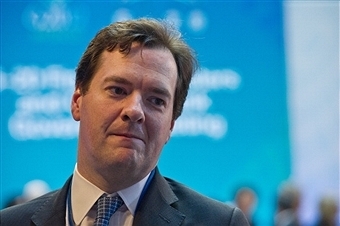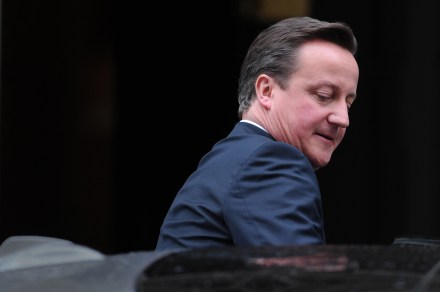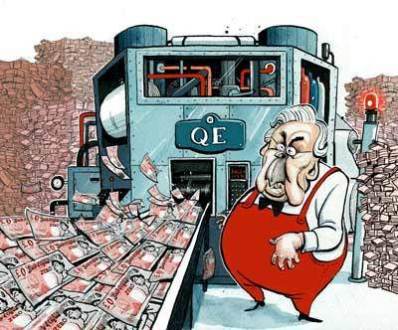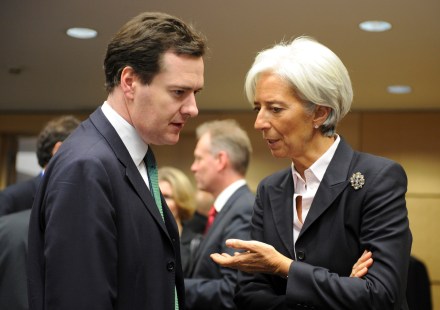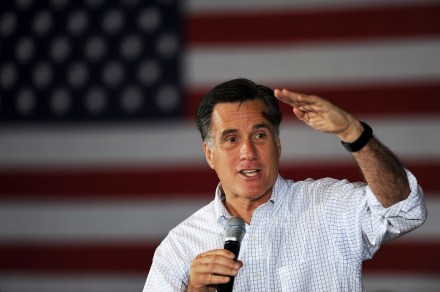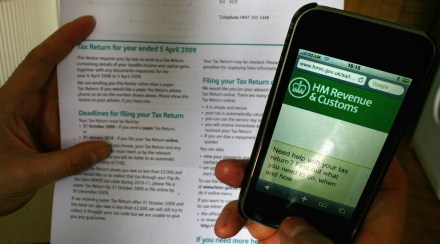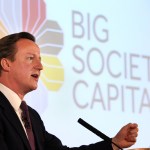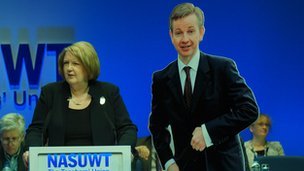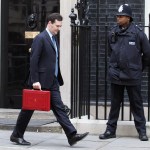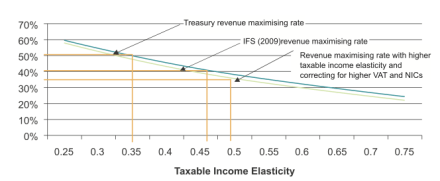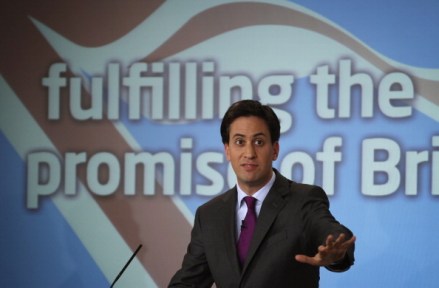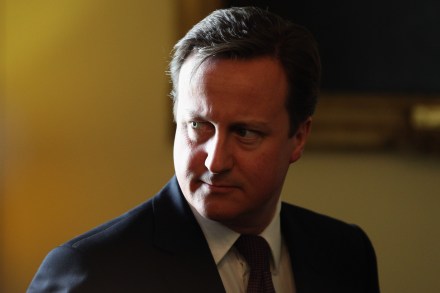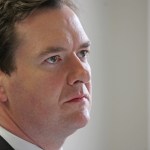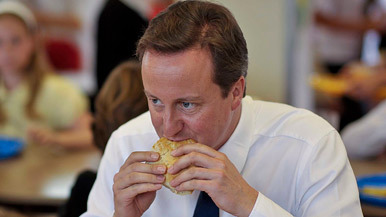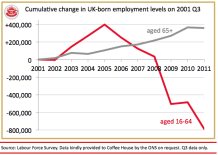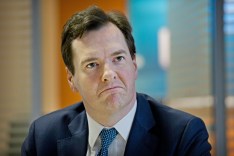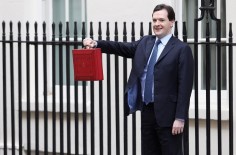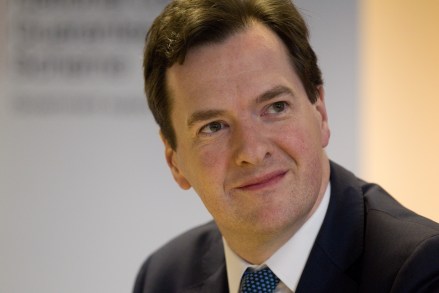Britain will contribute again to the IMF
Britain will contribute $15 billion (£10 billion) more to the International Monetary Fund. This means that there will be no need for another parliamentary vote on UK funding of the IMF as it is within the limits set by parliament in its last vote on the matter. This news has emerged in a joint statement by Australia, South Korea, Singapore and the UK; the UK’s $15 billion contribution is in proportion to this country’s voting share in the organisation. In terms of the politics of this decision, it is interesting that the Australian Liberals, the Tories’ sister party Down Under, are going to back the increase in the Australian contribution despite being
